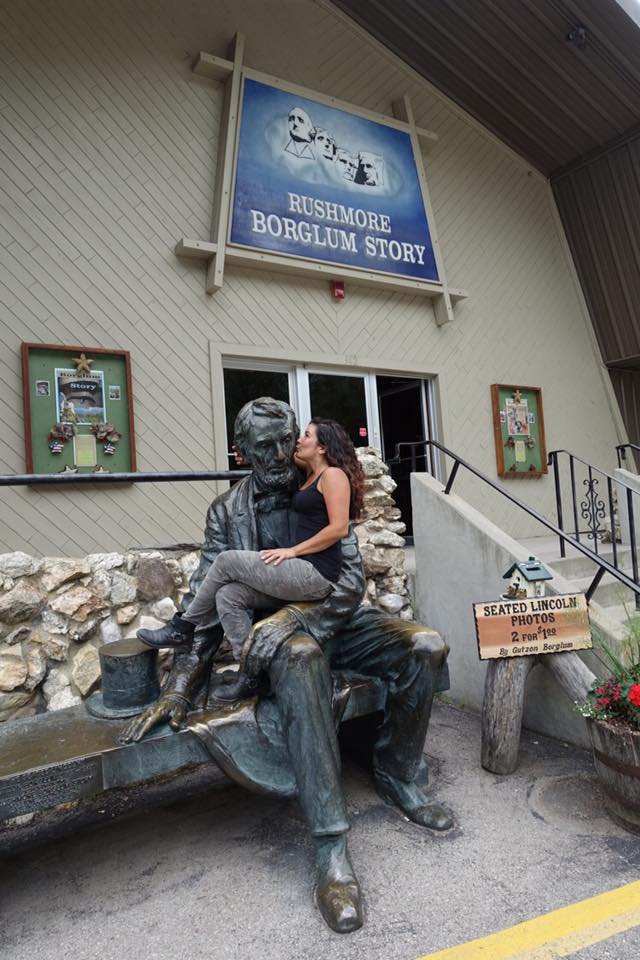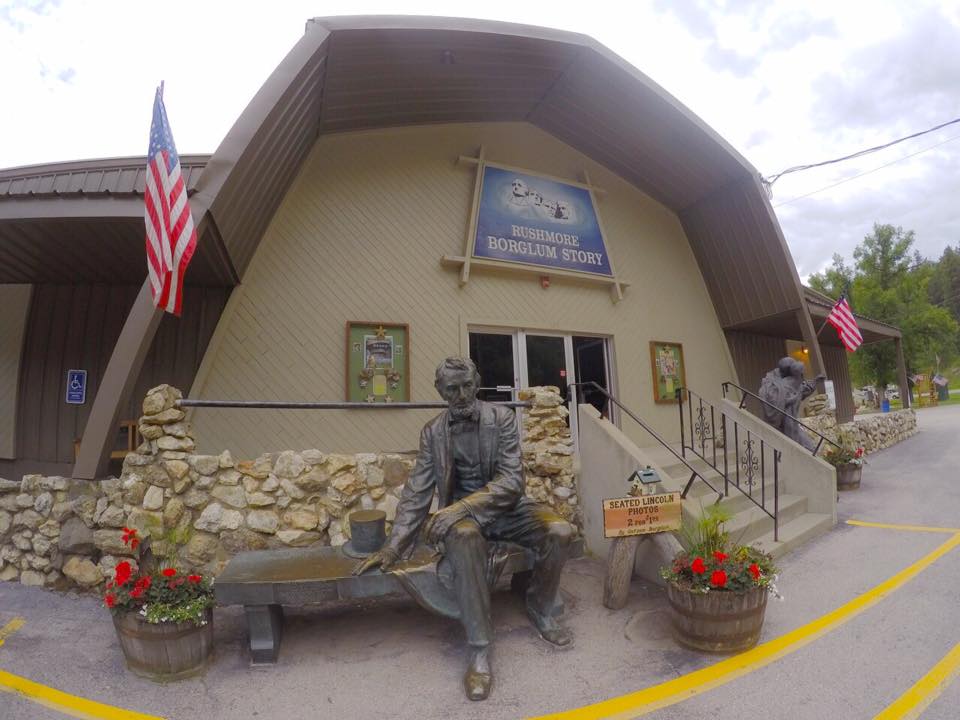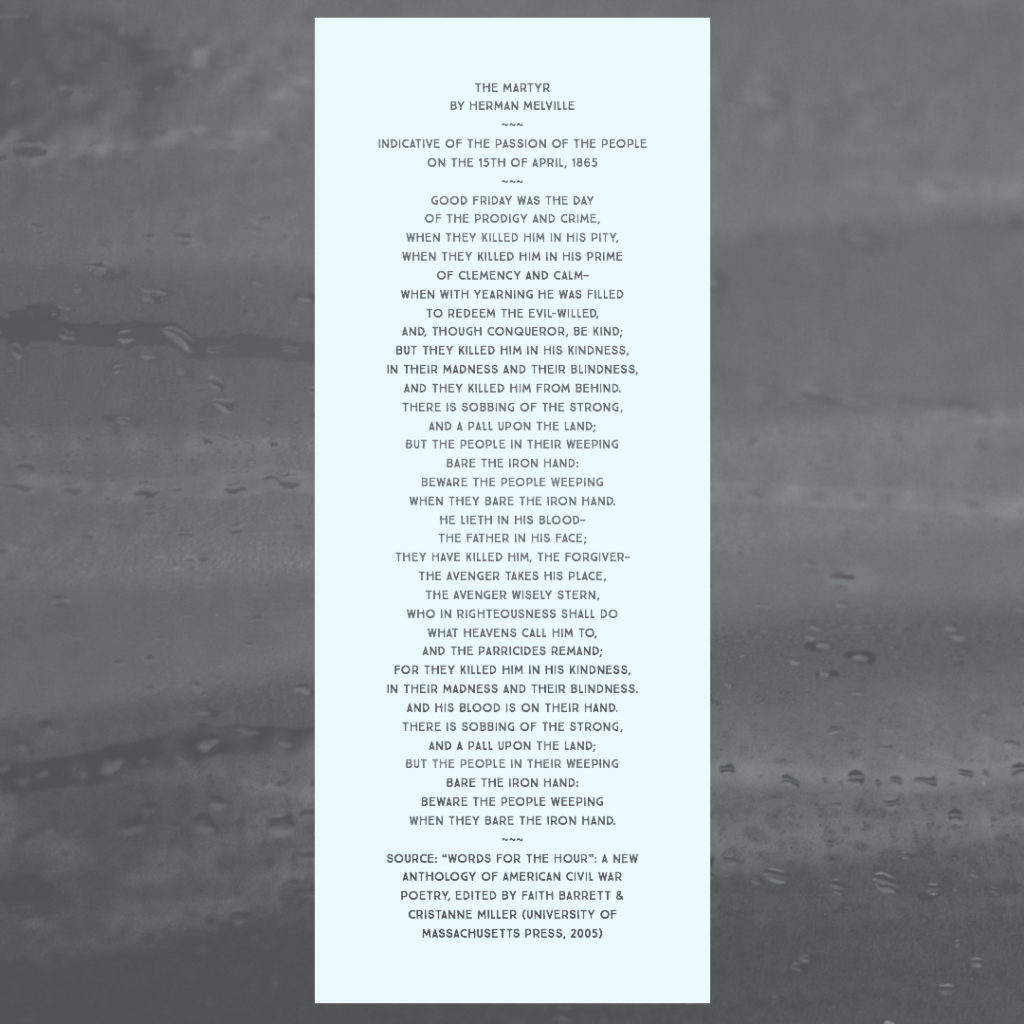 I know. It's Friday, and I should be out tripping the light fantastic or at least watching a "Bones" rerun or "Dateline," and yet thoughts of Abraham Lincoln have erected a bit of a log cabin in my head. Construction started yesterday, when I recalled he was shot with a Philadelphia Deringer (1 "r" in this case) 151 years ago by a Confederate sympathizer while watching "Our American Cousin" — around the same time many of us on the East Coast watched the ninth 2016 Democratic debate last night.
I know. It's Friday, and I should be out tripping the light fantastic or at least watching a "Bones" rerun or "Dateline," and yet thoughts of Abraham Lincoln have erected a bit of a log cabin in my head. Construction started yesterday, when I recalled he was shot with a Philadelphia Deringer (1 "r" in this case) 151 years ago by a Confederate sympathizer while watching "Our American Cousin" — around the same time many of us on the East Coast watched the ninth 2016 Democratic debate last night.
I looked back on my encounter with a replica of "Seated Lincoln" from my visit to South Dakota last July (there are easily 200 or more statues of him throughout the U.S. and a handful abroad) and immediately hung these photos of us on the imaginary walls of this expanding log cabin. Before heading into the Black Hills that afternoon, with a travel mugful of Holy Terror coffee, I climbed upon his larger-than-life lap and pecked his bronze cheek (the original statue is in Newark, NJ, and thanks to the Internet, I learned there's a guy whose life's mission is to photograph them all).
In her biography of him, The Life of Abraham Lincoln, that wonderful muckraker Ida Tarbell wrote:
"At last the Emancipation Proclamation was a fact. But there was little rejoicing in the heart of the man who had framed it and given it to the world. In issuing it, all he had dared hope was that in the long run it would give greater gain than loss. He was not confident that this would be so, but he was willing to risk it. 'Hope and fear and doubt contended over the new policy in uncertain conflict,' he said months later. As he had foreseen, dark days followed. There were mutinies in the army; there was ridicule; there was a long interval of waiting for results. Nothing but the greatest care in enforcing the proclamation could make it a greater good than evil, and Mr. Lincoln now turned all his energies to this new task. 'We are like whalers,' he said one day, 'who have been long on a chase; we have at last got the harpoon into the monster, but we must now look how we steer, or with one 'flop' of his tail he will send us all into eternity.'"
And after reading Lincoln's whaling metaphor it was less of a surprise to discover that Herman "Moby Dick" Melville wrote a poem about Lincoln's assassination. What's horrifying to me is that Stone Mountain Park opened on the centennial of Lincoln's assassination on April 14, 1965 — one of the few specific dates listed on its timeline, and those who know the significance of that date will certainly be surprised. Ironically, Their website also notes in its description of the park's quarry exhibit that part of the Lincoln Memorial is made of #stonemountaingranite.:





